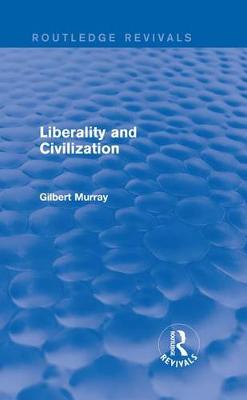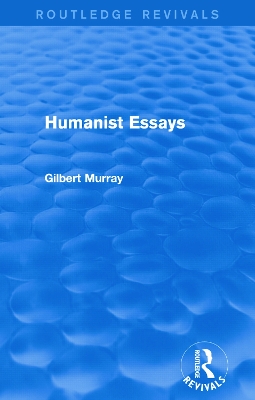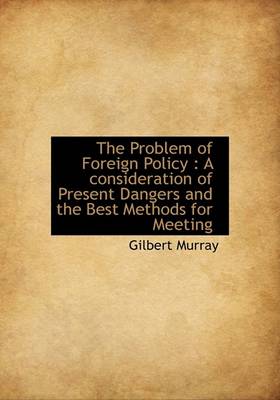Routledge Revivals
3 total works
First published in 1938, these lectures argue that liberality is the foundation of civilization. According to Gilbert Murray, civilization provides the surplus of security, leisure and wealth that makes liberality possible; a failure of liberality is the surest test of the failure of a civilization. This is a fascinating reissue that will be of great value to students with an interest in political philosophy and the foundations of liberal society.
First published in 1964, this is a short collection of both literary and philosophical essays. Whilst two essays consider Greek literature written at the point at which the Athenian empire was breaking apart, another group explore the background from which Christianity arose, considering Paganism and the religious philosophy at the time of Christ. These, in particular, display Gilbert Murray’s ‘profound belief in ethics and disbelief in all revelational religions’ as well as his conviction that the roots of our society lie within Greek civilization. Finally, there is an interesting discussion of Order and the motives of those who seek to overthrow it.
First published in 1921, Gilbert Murray's treatise considers a largely euro-centric foreign policy during the inter-war period. Believing passionately in the prospect of a Liberal England and the hope promised by the League of Nations, with Britain at its centre, Murray argues that a secure future can only be obtained through 'equal law, good government and good faith'. Concentrating on a number of country-based studies, the main focus is on how to avoid the causes of international war; Murray supports the International Financial Commission's recommendation that this could be partly achieved through disarmament and freedom of trade. This is a fascinating title that will be of particular value to history students researching the inter-war period and the League of Nations.


